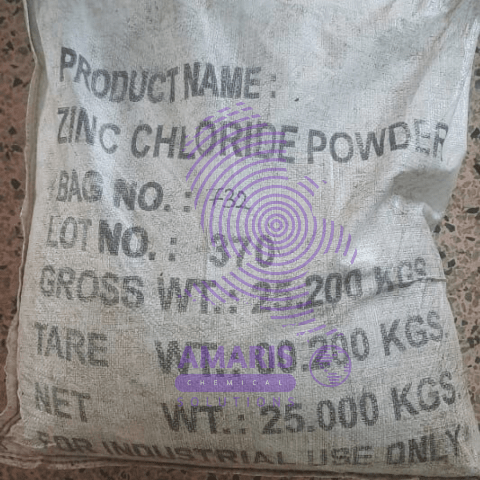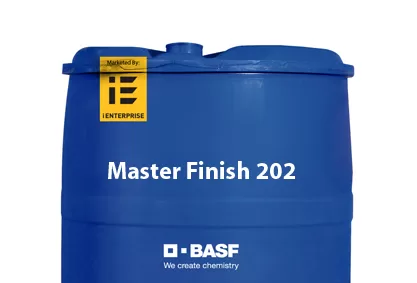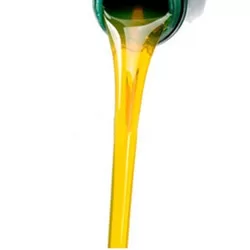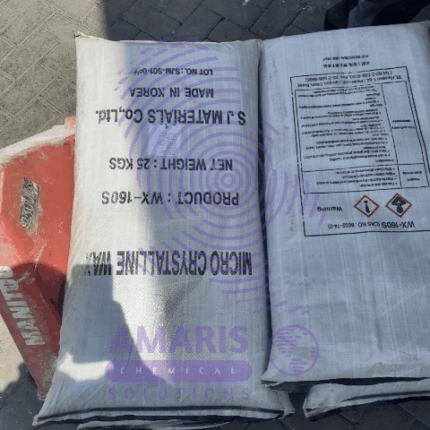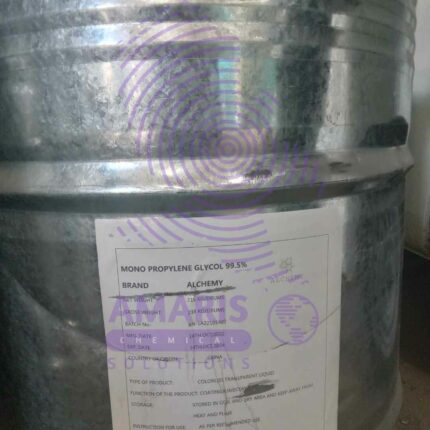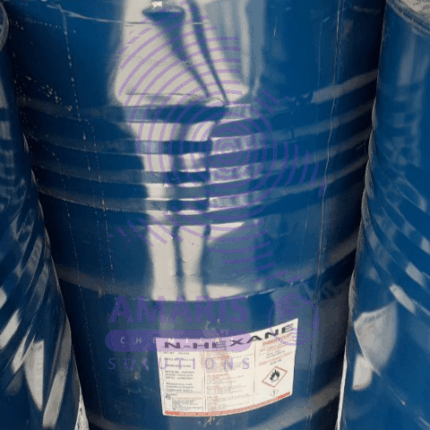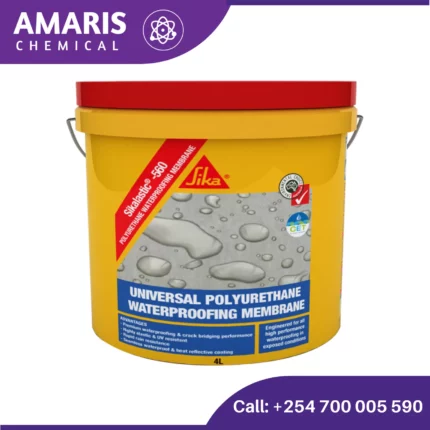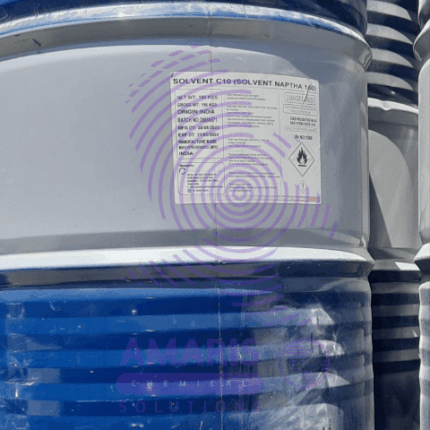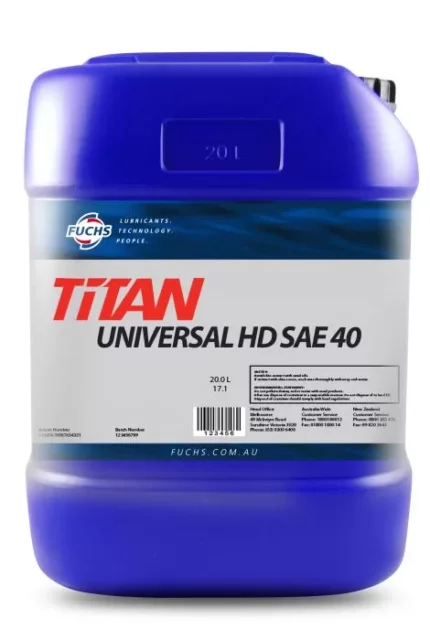“Solvent Naphtha C10 150 180kg Drum” has been added to your cart. View cart
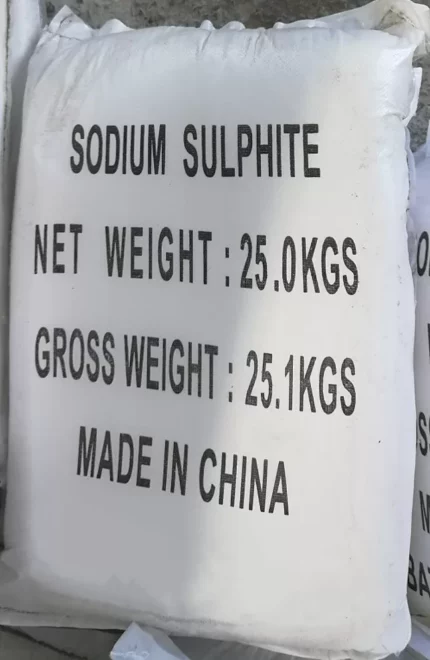
Sodium sulphite 25kg
$9,800.00 Original price was: $9,800.00.$9,500.00Current price is: $9,500.00.
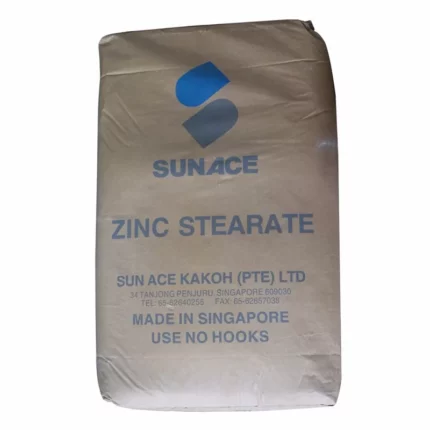
Zinc stearate 25kg
$13,000.00 Original price was: $13,000.00.$12,500.00Current price is: $12,500.00.
Zinc chloride (ZnCl2) 25Kg bag
$9,500.00 Original price was: $9,500.00.$9,200.00Current price is: $9,200.00.
Whatsapp Order
Zinc chloride is an inorganic compound with the chemical formula ZnCl2. It is a white crystalline solid with a salty taste and is highly soluble in water. Zinc chloride is commonly used as a disinfectant, deodorant, and wood preservative. It is also used in the manufacture of other chemicals, such as vulcanized fiber and ethyl acetate. Additionally, it can be used in soldering fluxes, as a catalyst in chemical reactions, and as a flame retardant in plastics.
SKU:
ACS52278CHEM0
Category: OTHERS
Description
Zinc chloride has several major uses and applications, including:
- Galvanizing: Zinc chloride is a key component in the galvanizing process, which involves coating steel or iron with a layer of zinc to protect it from rust and corrosion.
- Chemical synthesis: Zinc chloride is used in the manufacture of a wide range of other chemicals, including ethyl acetate, zinc oxide, and zinc stearate. It is also used as a catalyst in certain chemical reactions.
- Wood preservation: Zinc chloride is a popular wood preservative, used to protect wood from decay, rot, and insect damage.
- Soldering: Zinc chloride is used in soldering fluxes to help remove oxide layers from metal surfaces and improve the flow of solder.
- Textile processing: Zinc chloride is used as a mordant in textile processing to help fix dyes to fabrics and improve color fastness.
- Battery production: Zinc chloride is used in the production of certain types of batteries, including zinc-carbon batteries and zinc-chloride batteries.
- Deodorants and antiperspirants: Zinc chloride is sometimes used as an ingredient in deodorants and antiperspirants due to its ability to reduce perspiration.
Related products
Master finish 202
Medium Oil (45/55) 180 kg Drum
Micro crystalline Wax 25kg
Micro crystalline wax is a type of wax derived from the refining process of crude oil. It is composed of a complex mixture of hydrocarbons, with a higher percentage of branched and cyclic molecules than straight-chain molecules. Microcrystalline wax is characterized by its small crystal size, which gives it a smooth texture and makes it less brittle than other types of waxes. It is commonly used in a variety of industries, including cosmetics, pharmaceuticals, and food processing, as a lubricant, emulsifier, and water-resistant coating.
MonoPropylene Glycol 215 kg MPG
Monopropylene glycol (also known as 1,2-propanediol or MPG) is a clear, colorless, and odorless liquid organic compound with the molecular formula C3H8O2. It is a type of glycol, which is a class of organic compounds containing two hydroxyl (-OH) groups. Monopropylene glycol is widely used as a solvent, humectant, and viscosity modifier in various industries such as food, pharmaceuticals, cosmetics, and personal care products. It is also commonly used as an ingredient in e-liquids for electronic cigarettes.
N Hexane 136 kg Drum
n-Hexane is a straight-chain alkane with the chemical formula C6H14. It is a colorless, flammable liquid with a slight odor that is commonly used as a solvent and as a raw material in the production of gasoline. In its pure form, n-hexane is highly volatile and can be easily ignited, so it is important to handle it with care.
Sika waterproofing membrane
Solvent Naphtha C10 150 180kg Drum
Solvent naphtha is a term used to describe a group of hydrocarbon solvents that are commonly derived from petroleum. These solvents are typically used in industrial processes such as cleaning, degreasing, and as a diluent in the production of paints, coatings, and adhesives. Solvent naphtha can vary in composition, but it generally refers to a mixture of straight-chain and branched-chain hydrocarbons with boiling points in the range of 130°C to 230°C. The exact composition and properties of solvent naphtha can vary depending on the source of the petroleum from which it is derived and the specific refining processes used to produce it


 Emollients
Emollients Humectants
Humectants UV Filters
UV Filters Surfactants (cosmetic)
Surfactants (cosmetic) Preservatives (cosmetic)
Preservatives (cosmetic) Fragrances and Essential Oils
Fragrances and Essential Oils Antioxidants (cosmetics)
Antioxidants (cosmetics)
 Chromatography Chemicals
Chromatography Chemicals Biochemical Reagents
Biochemical Reagents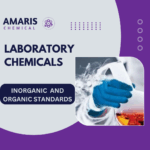 Inorganic and Organic Standards
Inorganic and Organic Standards LABORATORY EQUIPMENT & APPARATUS
LABORATORY EQUIPMENT & APPARATUS
 Precious Metal Extraction Agents
Precious Metal Extraction Agents

 Fertilizers
Fertilizers Plant Growth Regulators
Plant Growth Regulators Soil Conditioners
Soil Conditioners Animal Feed Additives
Animal Feed Additives Biostimulants
Biostimulants
 Dough Conditioners
Dough Conditioners Flour Treatments
Flour Treatments Fat Replacers
Fat Replacers Preservatives (baking)
Preservatives (baking)
 Surfactants (cleaning)
Surfactants (cleaning) Builders
Builders Bleaching Agents
Bleaching Agents Enzymes
Enzymes Solvents (cleaning)
Solvents (cleaning) Fragrances
Fragrances Disinfectant
Disinfectant Metal cleaning
Metal cleaning

 Sealants and Adhesives
Sealants and Adhesives
 Biodegradable Surfactants
Biodegradable Surfactants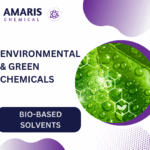 Bio-based Solvents
Bio-based Solvents Renewable Polymers
Renewable Polymers Carbon Capture Chemicals
Carbon Capture Chemicals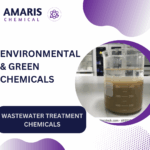 Wastewater Treatment Chemicals
Wastewater Treatment Chemicals
 Preservatives (food)
Preservatives (food) Flavor Enhancers
Flavor Enhancers Acidulants
Acidulants Sweeteners
Sweeteners Emulsifiers
Emulsifiers Antioxidants (food)
Antioxidants (food) Colorants (food)
Colorants (food) Nutrient Supplements
Nutrient Supplements Nutraceutical Ingredients
Nutraceutical Ingredients
 Fresh Herbs
Fresh Herbs Whole Spices
Whole Spices Ground Spices
Ground Spices Spice Blends
Spice Blends
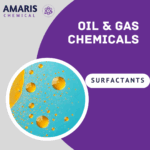 Surfactants(oil)
Surfactants(oil)

 Automotive chemicals
Automotive chemicals Pyrotechnic Chemicals
Pyrotechnic Chemicals


